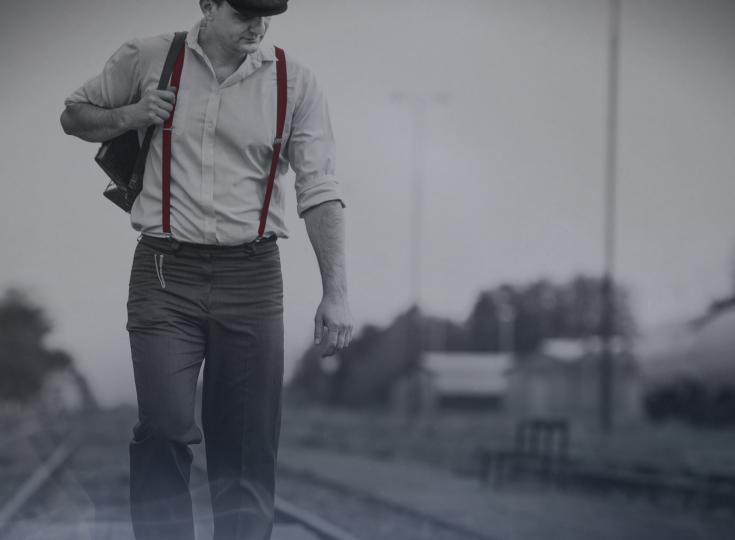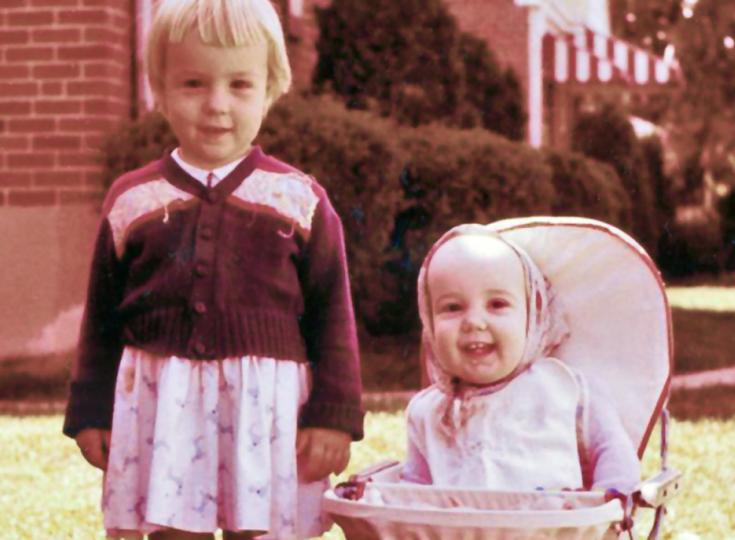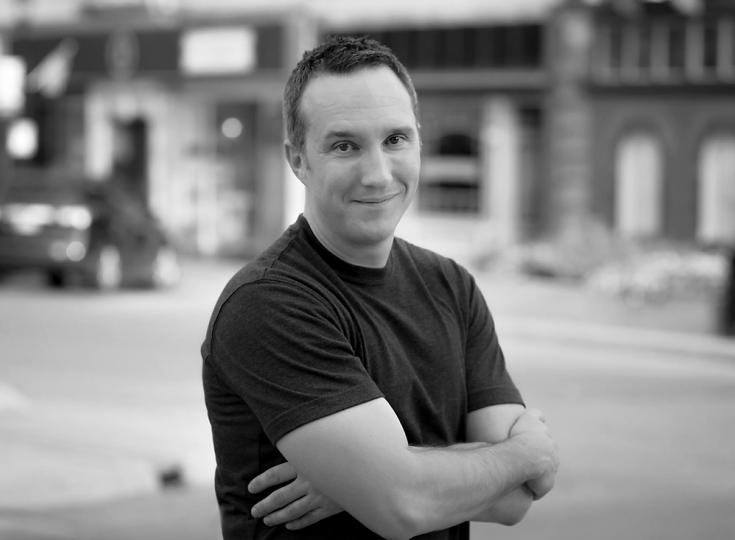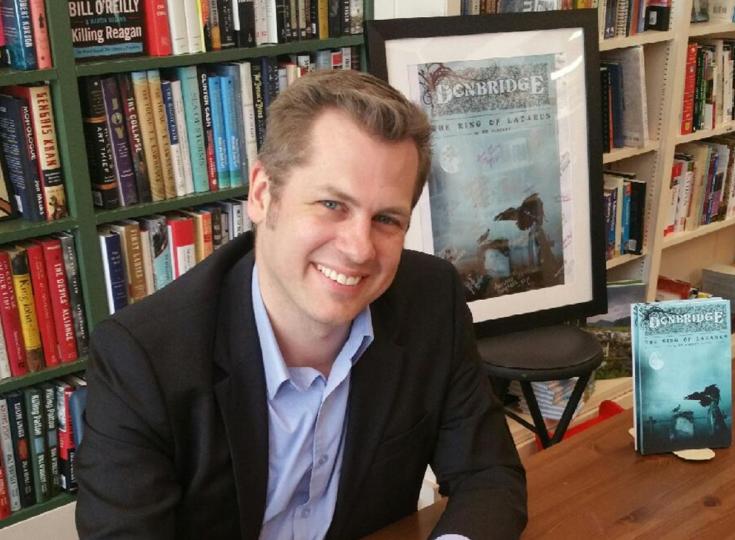Chris Leicester - Raw and Gritty Crime Fiction
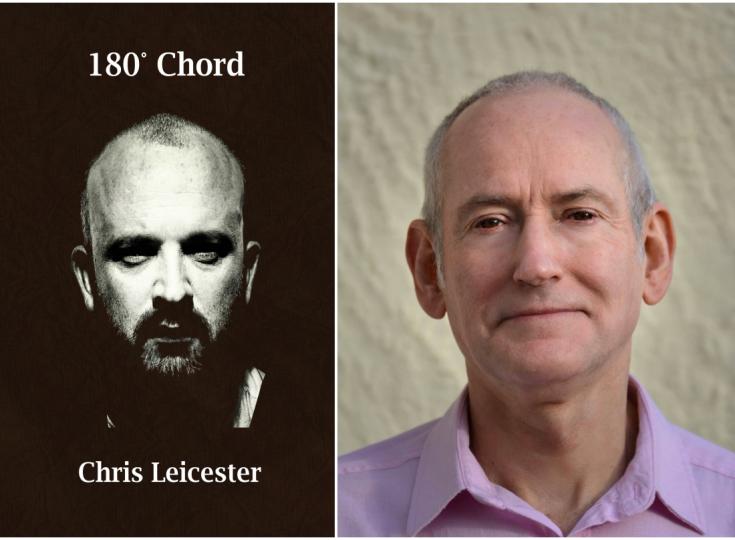
Chris grew up in Sheffield in the UK surrounded by a wonderful mix of heavy industry and beautiful scenery. After finishing his 'A' levels in 1976 he went "walkabout" where he mixed 3 years of foreign travel with over 14 "horrible" temporary jobs deliberately chosen to give him a rounded experience in life. He returned back to the UK and went to study in London. From there he lived in Islington and Maidenhead for 8 years and Birmingham for 9. Then he went to see his sister in Chester for a New Year's Eve party over 2 decades ago and has stayed there ever since. He has two teenage sons, Tom and James. Chris first began writing at an early age where a comprehensive school backdrop provided an interesting blend of playing football, avoiding fights and writing poetry. In 1998 he studied creative writing at Liverpool University and went on to run a writing group after that. When one of its members complained that he couldn't get his stage play produced, Chris formed his production company, Too Write Productions over a pint of lager and his vertical learning curve in the tortuous world of theatre production began. Ten plays and six books later, he continues to write original, story-based works with imagination at their heart. As our Author of the Day, he tells us about his book, 180 Degree Chord.
Please give us a short introduction to what 180 Degree Chord is about.
180 Degree Chord is essentially about fate and how you should never treat it with contempt. You never know what's coming down the road of life ahead of you. This premise is set out in the story as a famous and ruthless police detective finds himself suddenly in the same prison he sent many of his "victims" to. Soon after news of his arrival at the prison spreads, a riot breaks out as many of the inmates want to harm him. As he flees their rages, another inmate, Connor, offers him refuge in his cell. As the two of them make their way around the prison avoiding the rampaging gang, their story unfolds and we find out who Connor really is and why he has truly given D.C. Gray refuge.
What inspired you to write this story? Was there anything in particular that made you want to tackle this?
I was looking for a situation where polar opposites might be placed in a particular situation together. The thought of an ex-copper suddenly finding himself inside a maximum security prison drifted into my head and so the die was cast. This environment has so many opportunities to develop and show conflict and characters and so I decided this would be a story I wanted to write.
This was also adapted into a play. Please tell us more about this.
I adapted the book to a play and it has toured various venues in the UK and tours again in late 2023 and early 2024, concluding at a prestigious theatre in London for a 4-week run. I'm very pleased to say that the piece was very well received by audiences who have been very complimentary about it. This is always very rewarding as of course, they could have hated it, so you always breathe a sigh of relief when a show goes down well with audiences. I'm also the producer and director and run the production through my production company, Too Write Productions.

How much did you have to change about the story in order to turn this into a play?
The play had to fill a limited time paces on stage - roughly 50 minutes for Act 1 and Act 2 respectively, so some of the details included in the book could not be fully told. The overall story stays the same however, and some of the main scenes, such as the police interview scenes, have more of a key role to carry the story to the audience in the play.
You grew up in Sheffield. How has this influenced your writing?
Sheffield is an industrial city in the north of England. It has its history based in steel production. On its outskirts though is some beautiful countryside and the Peak District National Park, so it has this mix of grittiness and prettiness. It think this is reflected through my writing to some degree. I like describing things and I like bold dialogue. The people of Sheffield also have a great self-effacing sense of humour. They're not afraid to take the mickey out of themselves, which I think is a valuable and appreciated asset to have.
Besides writing, what other secret skills do you have?
I've been a qualified pilot since 1993 and can often be found in the skies flying a light aircraft. Partial to the odd adventure too; like crossing Australia on a bicycle from Perth to Sydney.
Interesting cover, please tell us more about how it came to be.
The book originally had another image which depicts a plot point in the story. However, whilst composing images for the actors for marketing the play, one of the leads, Paul Findlay, sent in his head shot. When I turned it into a black-and-white image it then took on significant power for a poster image. I had posters for the shows produced and displayed outside venues which were over six foot (around 2 metres) tall. These created some good reaction, so I decided to carry this image over to the book.
Why did you title this book 180 Degree Chord?
The term 'chord' can mean a number of things including the maximum turn a railway engine can make on a track. Sounds odd I know, but the title makes perfect sense once you've read the book or seen the play - in essence, in this story, something has turned around far more than it was designed for or expected to do.
Tell us more about Connor and Gray, what makes them tick?
Their motivations, I guess. But for Gray this is now complemented by abject fear and a need to survive once he is in the prison and realises the situation he is in. Connor has a different motivation altogether which Gray will soon discover. Bit of a cop-out answer to this but if I say too much I'll give the story away.
Readers say the story is fast-paced and kept them on the edge of their seats. How did you pull this off?
I'd say this is achieved by using good descriptions to which the reader can easily relate, and by placing them in a situation they can then identify with and feel part of. I think they can believe in the characters and in the words that they say, and so this makes the whole premise realistic. The reader and audience then have empathy because of this, and so they feel that they are almost actually in the story themselves.
When starting on a new story, what is the first thing you do?
Plan and don't rush. My favorite part of writing is the actual writing, but I find that if I jump straight into this without planning plot, characters, facts, and situations properly then I meet problems later in the writing process. For me, 70% of the time I spend on the book is dedicated to planning.
Do you have any interesting writing habits? What is an average writing day like for you?
I tend to be a bit of night owl and so late nights and the early hours can be the best times of me to write. I also have this wonderful affliction of being pestered out-of-the-blue by new book ideas. Problem is, these can come in to my mind at any time - including 4am in morning. The only thing to do is get up, write them down and capture them or they'll be lost forever. They rarely survive until morning when I'd normally awake.
What are you working on right now?
Sounds a bit boring, but it's hopefully not going to be - the next project is a book about a traffic jam - see, told you it sounds a bit boring!
Where can our readers discover more of your work or interact with you?
I've got a couple of websites; one for the play:
https://www.180chord.com/
The other is for my books:
https://www.chrisleicester.net/
I also have a Facebook page:
180 Degree Chord
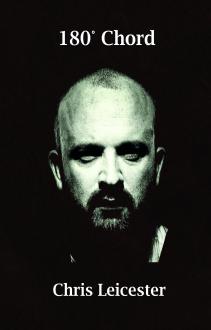
The play, 180 Degree Chord, adapted from this book, toured the UK in late 2022 and received fantastic reviews from audiences: "One of the best plays I have ever seen." Please see 180chord.com for more comments. Part two of the tour concludes in 2023/24 concluding with a 4-week run at a prestigious London theatre.
